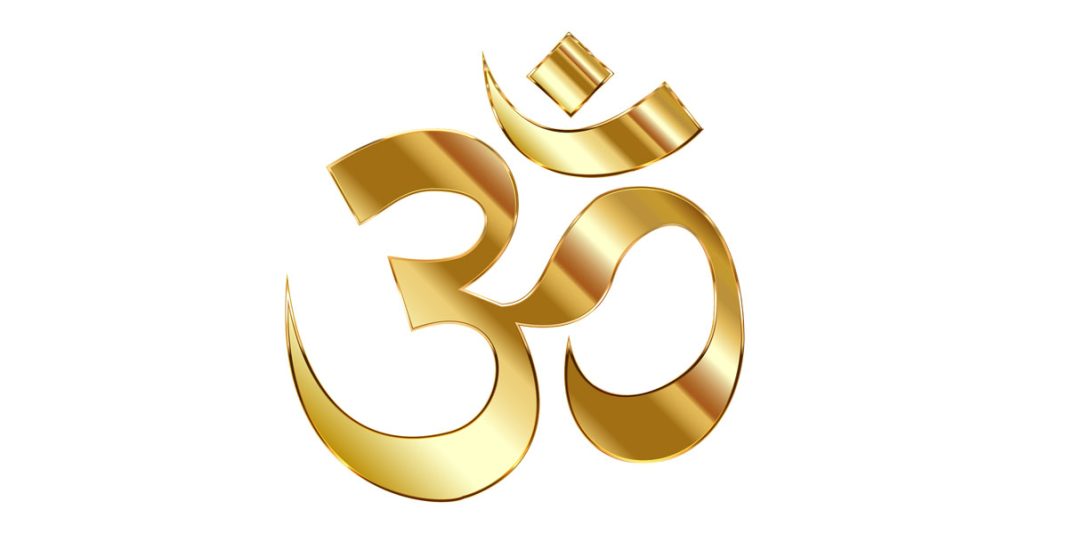Metaphysically, individuality is the opposite of eternity, whereby eternity means changeless self existence, which is synonymous with completeness and infinity.
On carefully scrutinising the waking, the dreaming and the deep sleep states, it is observed that the Self is different from the physical body, the psychological organs and ignorance which are respectively manifested in externality, internality and nihility of consciousness.
Further, consciousness must necessarily be an essential constituent of the Self, for without consciousness existence itself is valueless. This at first leads us to conclude that the Self must be a conscious witness of the physical, the psychological and the ignorant conditions. But being a witness means existing as an unconcerned observer of certain phenomena which exist apart from oneself. This compels us to make the Self an individual perceiver with its rival, the percept.
Nothing that is dependent is eternal and nothing that is finite or individualised is independent. The subject cannot hope to exist eternally and at the same time be a relative of some external existence.
To be eternal, the subject must be absolute, which is the fusion of the totality of existence in the subject or the Self. In order that it should be Real, the subject must at the same time become all objects, the entire existence, in which case the subject-ness of the subject is sacrificed to or rather swallowed by a larger infinity of being where the subject and the object are not separated even in the least. Hence, if the Self is eternal it cannot be something existing apart from the three empirical bodies which are objects of the witness-Self. And, the Self must be eternal, for, at no time is it possible to deny the existence of the conscious Self.
Now we are led to a twofold quandary. The Self cannot be called a differentiated witness of the three bodies, for objective consciousness and individuality vitiate self- existence and eternity. At the same time, the three bodies cannot be included in the Self itself, because they disclose their character of being devoid of consciousness and also being absent at some period of time. Reality is that which exists without break in time and space. This test rejects the three objective conditions of waking, dreaming and deep sleep from inclusion in the Self.
This philosophical difficulty has resulted in the different realistic doctrines which posit the existence of a cosmic eternal Prakriti, a Shakti or Power of Consciousness, a world of material creation, a body of God, a Maya! But the problem ever remains unsolved. A Purusha or an Isvara who is different from Prakriti, a Paramatman who is the possessor of an objectified Sakti, a Creator who projects out an external world, a God who transforms himself into a universe, a Brahman who gives rise to a real Maya of objective unconscious existence, are all simply the magnified conceptions of the same Self which is cut off as a separated being from the three bodies and states. All these theories unconsciously make their conscious reality a transient being by distinguishing it from some external existence. Either philosophy has to admit its failure in its attempt to determine the nature of Truth or close its eyes to the stern appearance of the unconscious body and the world and boldly assert the sole existence of an infinite object-less Consciousness.
The word ‘Maya’ does not suggest the existence of some eternal material being, but only inexplicably indicates the relation of Reality to appearance.

